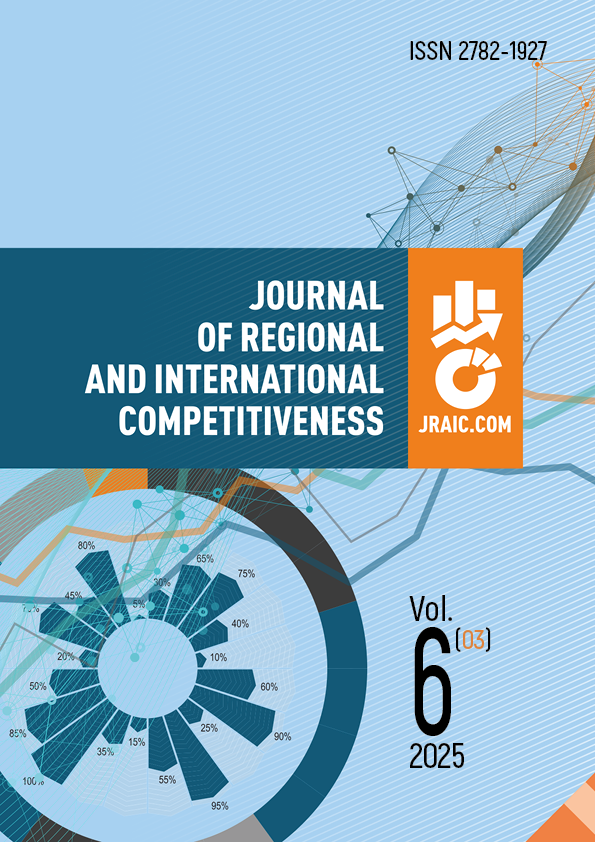Moscow, Moscow, Russian Federation
The article is devoted to the improvement of the cost control system at enterprises of the Defence Industrial Complex (DIC) performing the State Defence Order (SDO). The relevance of the study is determined by the growing requirements for transparency, efficiency, and rational use of financial resources within the framework of public procurement in the defence sector. Traditional cost control systems, based mainly on accounting and self-inspection methods, do not fully meet modern needs, as they fail to ensure a sufficient level of responsiveness to risks, deviations, and inefficiencies in contract execution. The paper proposes a new conceptual and methodological approach that integrates accounting, budgetary, and financial control into a unified system oriented toward compliance with legislation, reliability of financial information, and efficiency of resource allocation. Special attention is paid to the classification of costs incurred in SDO execution, their eligibility for inclusion in fixed contract prices, and their verification in accordance with legal and contractual requirements. The developed methodology introduces intermediate checks of actual expenditures, comparative analysis with planned indicators, and the use of adapted earned value methods for forecasting and decision-making. Practical application of the approach increases the accuracy of price formation, reduces unaccepted costs, and enhances financial sustainability. The results contribute to improving management efficiency and competitiveness of defence enterprises in fulfilling state contracts.
State Defence Order; cost control system; separate accounting; price formation; audit of military-industrial complex
1. Anokhova, E. V. (2016). The audit of the enterprises performing the state defence order. In The synergy of accounting, analysis, and auditing to ensure the economic security of business and the state: Proceedings of the II International scientific and practical conference dedicated to the memory of Prof. Petrova V. I. and Prof. Bakanova M. I. (pp. 5–10). Moscow: Auditor Publishing House. (in Russian)
2. Klychova, G. S., Zakirova, A. R., & Nigmatullina, N. N. (2021). Control supply of the cost management system of enterprises. Bulletin of Kazan State Agrarian University, 16(4[64]), 115–121. https://doi.org/10.12737/2073-0462-2022-115-121 (in Russian)
3. Semenova, Yu. E., Voronkova, O. V., & Ostrovskaya, E. N. (2022). Improving the mechanism of enterprise cost management and controlling based on big data. Science and Business: Ways of Development, 1(127), 146–149. (in Russian)
4. Mikhalenok, N. O. (2006). Institutionalization of economic management in Russia: Contents, forms, possibilities of systemic changes (V. A. Noskova, Ed.). Samara: SNC RAS, SamGAPS. (in Russian)
5. Orekhov, A. M. (2009). Methods of economic research. Moscow: Infra-M. (in Russian)
6. Skornyakov, L. A. (1982). Elements of the theory of structures (2nd ed.). Moscow: Nauka. (in Russian)
7. Klyuchko, N. V. (2002). The consistency of cooperative processes. System research. Methodological problems. Yearbook. Moscow: Unified URSS. (in Russian)
8. Kuchkarov, Z. A., Nikanorov, S. P., Solntsev, G. V., & Shabarov, V. N. (2007). Research of socio-economic systems: Methodology. Theory. The consequences. Moscow: Kontsept. (in Russian)
9. Kleiner, G. B. (1986). Production functions: Theory, methods, application. Moscow: Finance and Statistics. (in Russian)



















